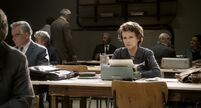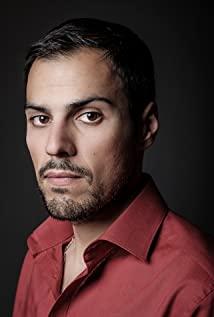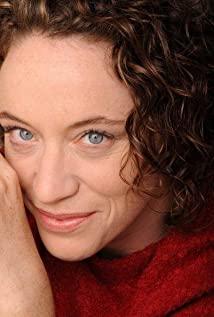One of the greatest and most original thinkers and political theorists of the 20th century. Author of The Origins of Totalitarianism. In her early years she studied philosophy, theology and ancient Greek at the Universities of Marburg and Freiburg, and then transferred to the University of Heidelberg under Jaspers, where she obtained a Doctor of Philosophy. After the Nazis came to power in 1933, he fled to Paris and moved to the United States in 1941.
In the mid-1950s, Arendt began to turn from the field of politics to the study of people, trying to re-evaluate people's activities with phenomenological methods. She has written a series of articles and reports, expressing the following basic views: the traditional view has always believed that thinking and observation are superior to action, the development of modern science and social progress has completely reversed this traditional view, and it is no longer rational to legislate for behavior, Rather, action is to recognize legislation, and action precedes thinking. The concepts of thought and action in modern philosophy have replaced the concepts of theory and practice in classical philosophy.
Through the phenomenological analysis of human beings, Arendt pointed out that human existence is conditional, these conditions include life itself, birth and death, the diversity of human beings, the world and the earth on which to live. Human activities take them as the starting point. The fundamental characteristic of man is that after he is born, he must enter the society and communicate with others, so man is a life of social interaction, and man can experience his own reality only in the common world with others: the life of man is affected by birth and social interaction. death limit. Arendt divides the basic human activities into three types: labor, which is a biological process whose basic condition is life itself, which has a biological compulsion; manufacturing, the production of a continuous There are other artificial worlds, which provide human beings with a home for survival, and their basic conditions are human cosmopolitanism and human dependence on objects. It is dominated by utilitarian and mechanical thinking; action is the only An activity that occurs directly among people without intermediaries such as objects, and whose basic condition is the recognition of the fact that people are diverse, that is, not one person, but countless people inhabit and live on the earth superior. Only through actions can individuals connect with each other to form a truly common world, and can they truly understand issues such as truth, action goals, and human nature.
Arendt is also very concerned about what kind of activity space is left for people in modern society. The reason why ancient Greek society and modern society have different understandings of human action is that they have very different understandings of social and private spheres. Ancient Greece distinguished between the social and family spheres, emphasizing equality of all, freedom of movement, etc. in the social sphere, while in the family the father gave orders and allowed the use of violence, including forced slave labor. The development of modern society has destroyed the distinction between the two, resulting in the incorporation of the private sphere into the social sphere, the society becoming the collection of the family, the bureaucracy becoming the father of the family, and a fashionable irresponsible self-action replacing the thoughtful one. Action, the predictability of precise calculations of actions replaces the unpredictability of past actions at the beginning, the uniformity of public opinion replaces the diversity of private opinions, the requirement that individuals only have intermediate abilities replaces the requirement of people's creative ability , the subject's own feelings and personal emotions rise to become a boundless, pure self-interest. While criticizing the social ills caused by bureaucratic rule, Arendt also denies the negative phenomena of the post-industrial society, such as the blindness of the masses, the pursuit of high consumption, and the random use of new scientific and technological achievements to plunder nature in modern society. and critical attitude. Arendt's critique of totalitarianism and his critical attitude towards modern society are very consistent with the postmodernist trend of thought, so they are concerned by postmodernists.
View more about Hannah Arendt reviews










